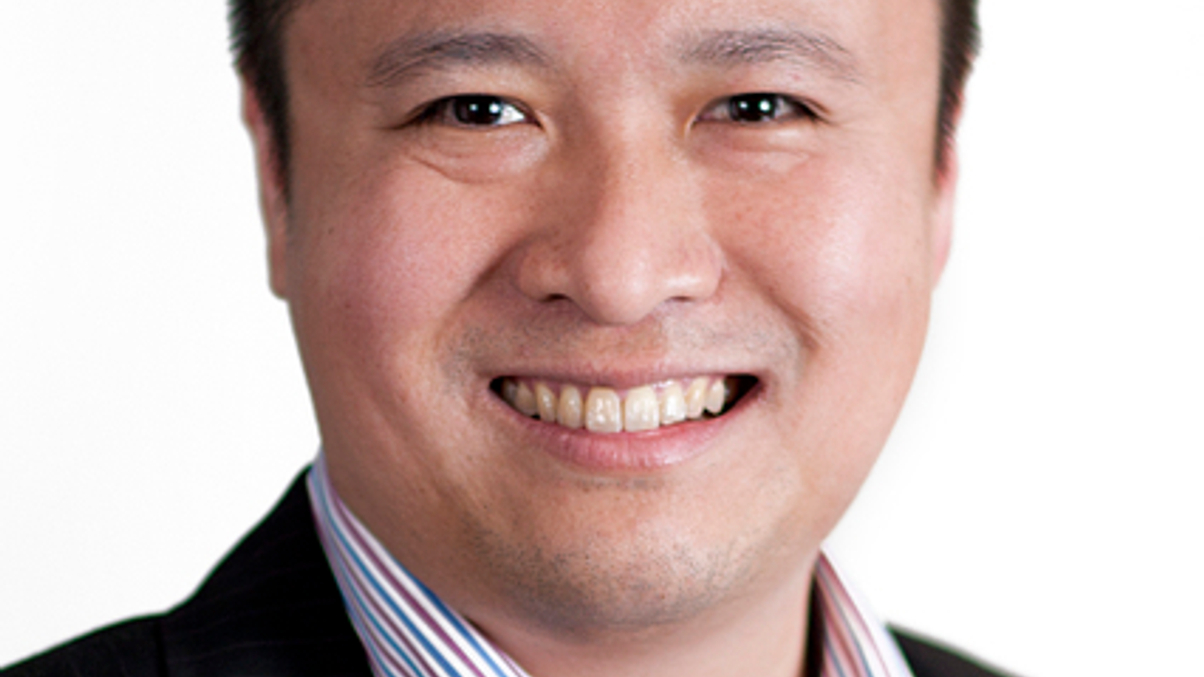Asian family offices using private banks less
The use of private banks by Asian family offices is set to shrink in the next few years, say FO executives, who concede they themselves face significant challenges.

The family office concept is less well established in Asia than in Europe or the US, but that is changing as regional wealth grows, along with the need to preserve and transfer it to the next generation.
Sign in to read on!
Registered users get 2 free articles in 30 days.
Subscribers have full unlimited access to AsianInvestor
Not signed up? New users get 2 free articles per month, plus a 7-day unlimited free trial.
¬ Haymarket Media Limited. All rights reserved.


